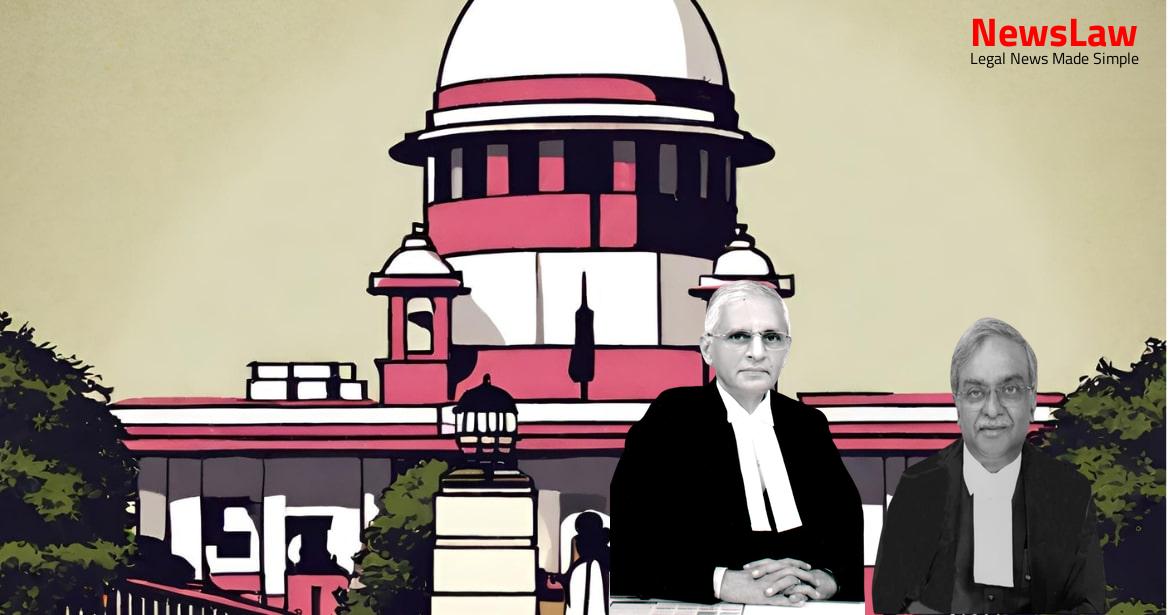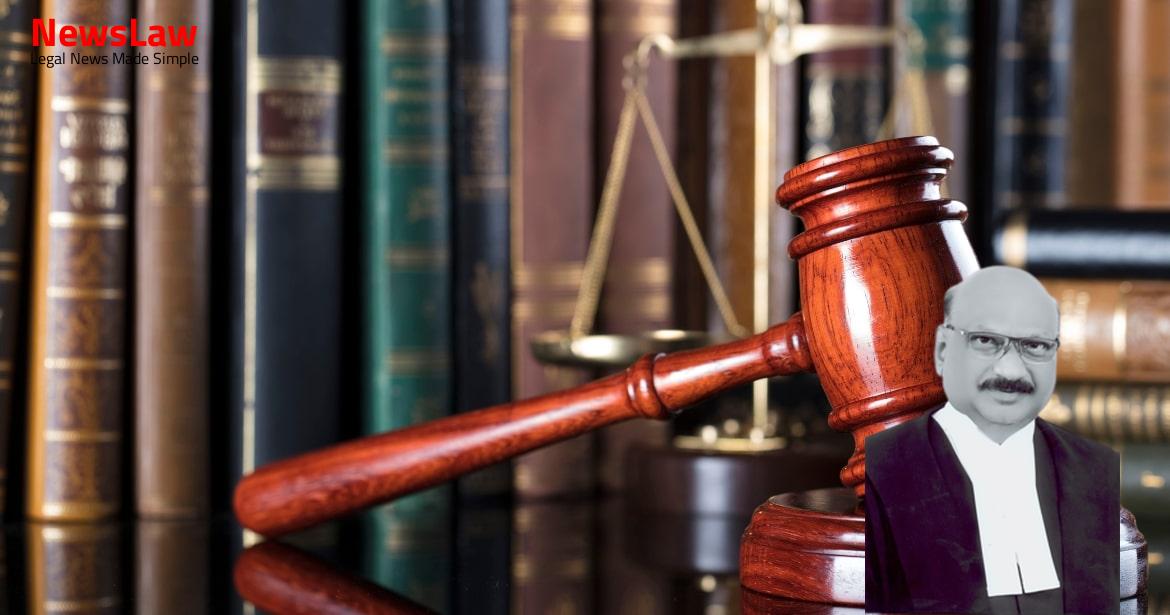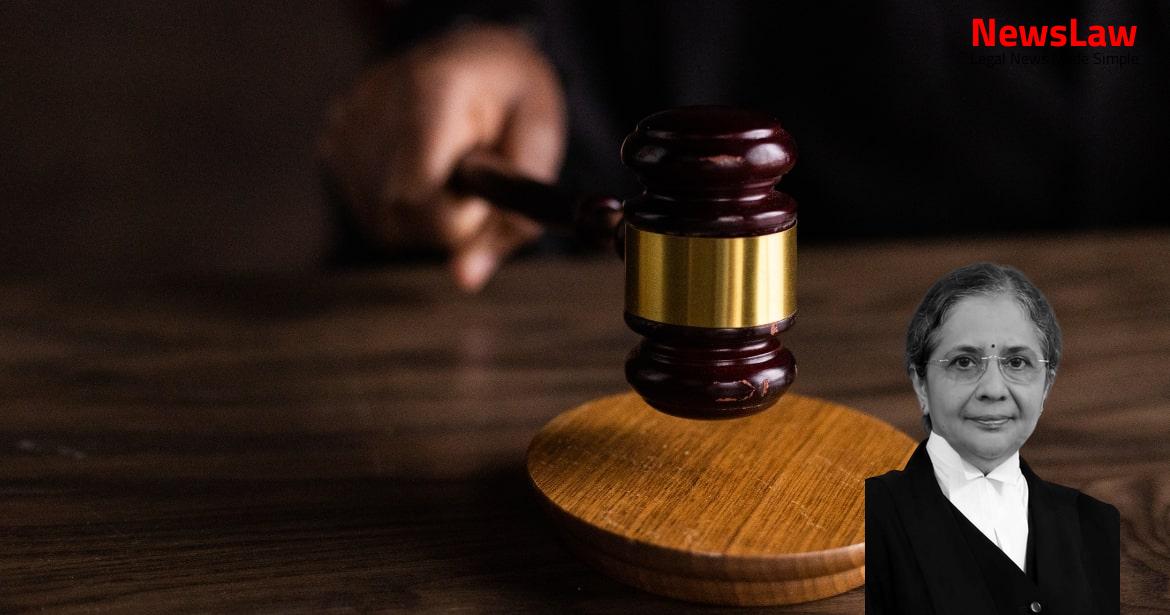Chapter II of the said Act deals with the State Bar Councils, Bar Council of India and their functions. Section 7 of the said Act provides for functions of the Bar Council of India, which inter alia includes the disciplinary power, protection powers to safeguard the interest of the advocates as also the general supervision and control over State Bar Councils.
Also Read: https://newslaw.in/supreme-court/selection-and-appointment-of-judicial-officers-in-himachal-pradesh/
The original dispute between the Bar Council of India and Bonnie Foi Law College, the respondent college herein, arose on account of the application of the said college for affiliation to carry on a legal study course. The Report recognised two significant aspects as imperative for improving standards of legal profession, i.e., firstly, introduction of a bar examination and, secondly, compulsory requirement of apprenticeship under a senior lawyer prior to admission to the Bar. The Report also recorded that the 1973 Amendment omitted Section 28(2)(b) of the said Act, which enabled State Bar Councils to frame rules regarding training and bar examination. Gopal Subramanium was operationalized and further directed concerned institutions to fully cooperate with the Bar Council of India.
1 and 2 are answered in the negative, whether a post-enrolment examination can be validly prescribed by the Bar Council of India in terms of Section 49(1) (ah) of the Advocates Act, 1961.”
There was resistance on part of some stake holders to hold the All India Bar Examination in W.P. A conjoint reading of Sections 23, 29 and 33 clarifies that a person who is found qualified to be admitted as an advocate on the State Roll by satisfying the statutory conditions under Section 24(1), will automatically become entitled to practice full-fledged in any court including the Supreme Court. The Supreme Court opined that Section 49(1)(ag) when read with Section 24 of the said Act confers wide powers on the Bar Council of India to indicate the class or category of persons who may be enrolled as advocates, which would include the power to refuse enrolment in certain cases. Sudeer, this Court held that while the State Bar Councils have the function of “maintenance of rolls” under the said Act, the Bar Council of India is not concerned with the same. However, in stark contrast, the Rule making power of the Bar Council of India under Section 49(1)(ag) of the said Act empowers the Bar Council of India to prescribe rules that could specify a class or category of persons who are entitled to be enrolled.
Bar Council of H.P, a three 10 Judges Bench of this Court held that the enrolment under Section 24 of the said Act is subject to the Rules framed by the Bar Council of India under Section 49 of the said Act, even if no Rules were framed under Section 24(1)(e) or Section 28(2) (b) of the said Act itself. Further, the Bar Council of India’s function under Section 7(1)(g) of the said Act would include the authority to specifically direct State Bar 11 Councils not to enrol persons who had not undertaken the training course prescribed under the 1995 Rules. Even if this Court concludes that no other provision of the said Act confers the Bar Council of India with a function of laying down pre-enrolment conditions, Section 49(1)(ag) of the said Act would per se afford a basis to infer that the Bar Council of India has such a function. , make the right to practise subject to the provisions that grant the rule-making power, thereby validating the All India Bar Examination in its current form at the expense of expanding the scope of the restriction on Section 30 of the said Act. If the examination is held pre-enrolment, two alternatives are suggested: firstly, the candidates should be permitted to take the pre- enrolment examination on production of a transcript showing that they have received a passing mark in all their law school examinations and the degree certificate can be submitted at the time of enrolment. Thus, the practice and procedure as it exists on date for post-enrolment examination would be apt for application to a pre-enrolment examination, in addition to any criterion which has been framed by the respective State Bar Councils.
Alternatively, if this Court holds that the Bar Council of India can make rules under Section 24(1) read with 49(1)(ag) of the said Act which governs the circumstances in which any person may be deemed “qualified to be admitted” as an advocate, a useful inference would follow. The Bar Council of India is entitled to make rules under Section 49 of the said Act and the rule-making power of the Bar Council of India would not be affected after the 1973 Amendment. Mishra also relied upon Section 7(1)(g) of the said Act which gives absolute control to the Bar Council of India to exercise supervision and control over the State Bar Councils. Senior Advocates and other advocates, and does not provide for any third category of “provisionally enrolled advocates” who shall be finally enrolled after giving the All India Bar Examination.
Section 22 of the said Act provides for certificate of enrolment to any person whose name is entered in the roll of advocates maintained by the respective State Bar Council. Further, there was no accountability and transparency with respect to the fees collected by Bar Council of India and its association with an entity named ‘Pearl First’ which found no place on the official website of the Bar Council of India. Neither these provisions, nor the role of the universities to impart legal education, in any way, prohibit the Bar Council of India from conducting pre-enrolment examination, as the Council is directly concerned with the standard of persons who want to obtain a license to practice law as a profession. It is under Clause (d) of Sub-Section (3) of Section 24 of the said Act that the Bar Council of India sought to introduce the All India Bar 21 Examination, which would be uniformly applicable irrespective of the recognised educational institutions from which a person would complete law before he was enrolled at the Bar.
the authority of the Bar Council of India to provide for pre-enrolment training in terms of the 1995 Rules and whether pre-enrolment examination can be prescribed by the Bar Council of India under the said Act. But after 1964 till 1973, it was permissible for the State Bar Councils to prescribe a course of training in law as a pre-condition of enrolment of a candidate and he was also required to pass the requisite examination during the training or even after completing the training course and such examination could be prescribed by the State Bar Council concerned only. The object and reasons of the 1973 Amendment provided that it was felt necessary to give powers to the Bar Council of India to enable it to add to the categories of the eligible candidates who were otherwise not eligible to be enrolled under Section 17 read with Section 24(1) of the said Amendment.
He contended in this behalf that the powers of the State Bar Councils and the Bar Council of India encompass different fields and that of the Bar Council 24 of India are much wider. General power of the Bar Council of India to make rules – [(1)]
The Bar Council of India may make rules for discharging its funtions under this Act, and, in particular, such rules may prescribe-…. But, if the Bar Council of India had sufficient powers, then the 1973 Amendment would not take away those powers of the Bar Council of India as the said amendment did not deal with the aspect of the powers of the Bar Council of India. Thus, when under Section 24(1), the Bar Council of India has the statutory power of prescribing Rules subject to which a person may be treated as qualified to be admitted as an Advocate in the State roll, then we believe that the Bar Council of India is not devoid of its jurisdiction in undertaking a pre-enrolment training course or examination prescribed by the Bar Council of India.
The objective of the legislature while giving wide powers to the Bar Council of India under Section 49, which gives it the powers to make Rules, read with Section 24(3)(d), which gives it the powers to prescribe the norms for entitlement to be enrolled as an Advocate under the Rules of the Bar Council of India, leads us to the conclusion that these are adequate powers with the Bar Council of India under the said Act to provide such norms and Rules.
There are consequences especially in respect of the interregnum period which would arise in holding the All India Bar Examination in either scenario, and it is not for this Court to delve into them but it would be appropriate to leave it to the Bar Council of India to look to the niceties of both situations. One of the questions which arose was whether only on passing the examination from a law University/College or obtaining such a degree should a person be eligible to take the All India Bar Examination? The suggestion made is that during the period between the date of passing the examination and the date of enrolment, any graduate with the degree who is yet to appear for the Bar examination or get enrolled under the said Act should be able to do all the tasks allied to the legal profession other than the function of acting or pleading before the courts.
We would, of our own, hesitate to prescribe the number of opportunities available to a law graduate to take the All India Bar Examination, especially when it is only on passing the All India Bar Examination that he would be entitled to be enrolled in a pre-enrolment examination.
There may also be persons who despite being enrolled at the Bar, decide to take another job and come back into the profession after a considerable period of time, at times even post retirement. The other two suggestions made by the learned Amicus are that the validity of the result obtained by any candidate in any pre-enrolment or a post-enrolment bar examination must be limited by time which would be a policy matter for the Bar Council of India to consider, and the Bar Council of India can exercise its power to issue directions under Section 48B of the said Act to ensure uniformity and fairness of the procedure followed by each of the State Bar Councils. While we agree in principle with the suggestions of the learned Amicus, these should receive the attention of the Bar Council of India 33 urgently in the process of steps taken by the Bar Council of India in view of this judgment. Further, in view of periodic changes in the legal position and the consequent nature of All India Bar Examinations being held, we would like to make this judgment prospectively applicable so that it does not disturb the scenarios which have prevailed during the interregnum period. 35
Case Title: BAR COUNCIL OF INDIA Vs. BONNIE FOI LAW COLLEGE . (2023 INSC 116)
Case Number: C.A. No.-000969-000969 / 2023



